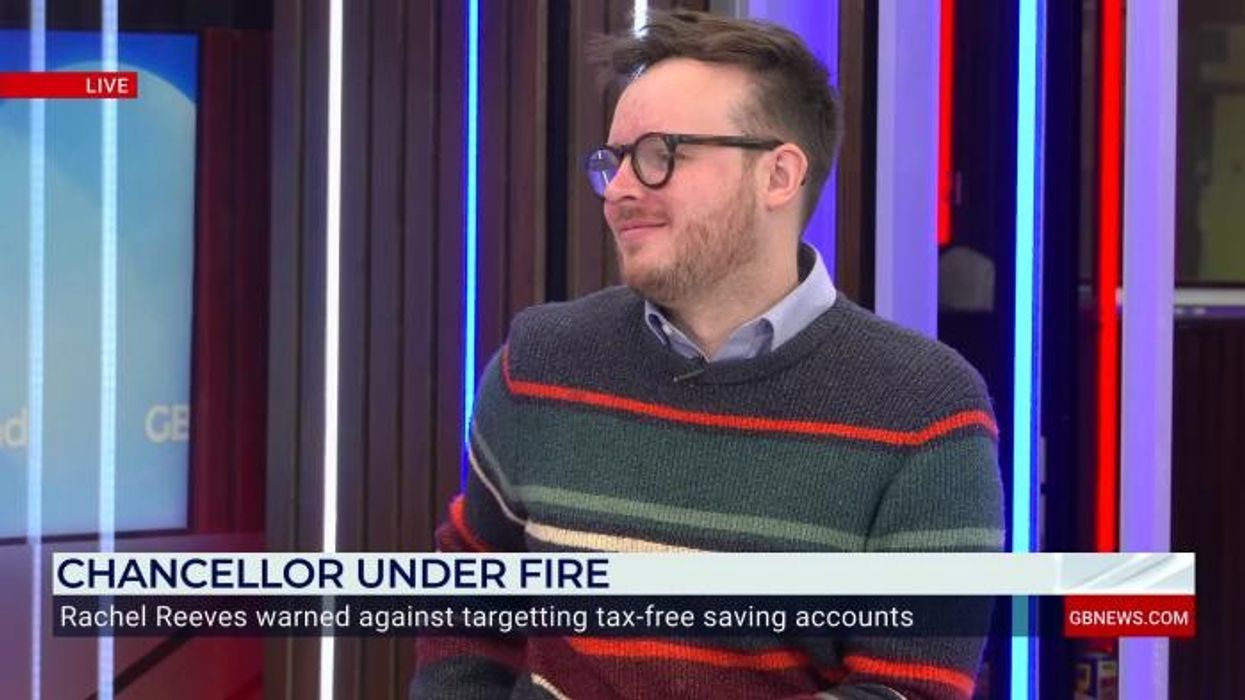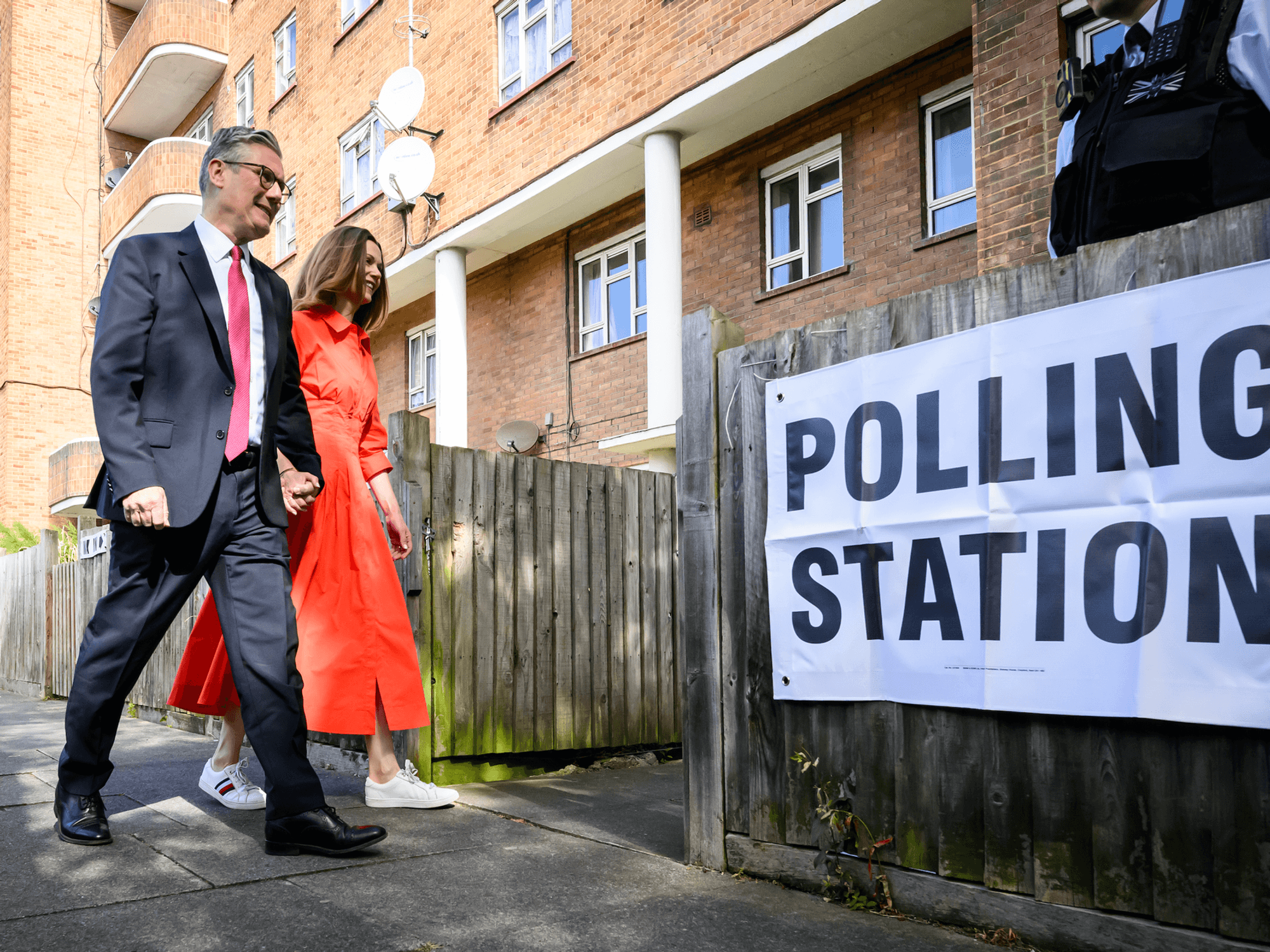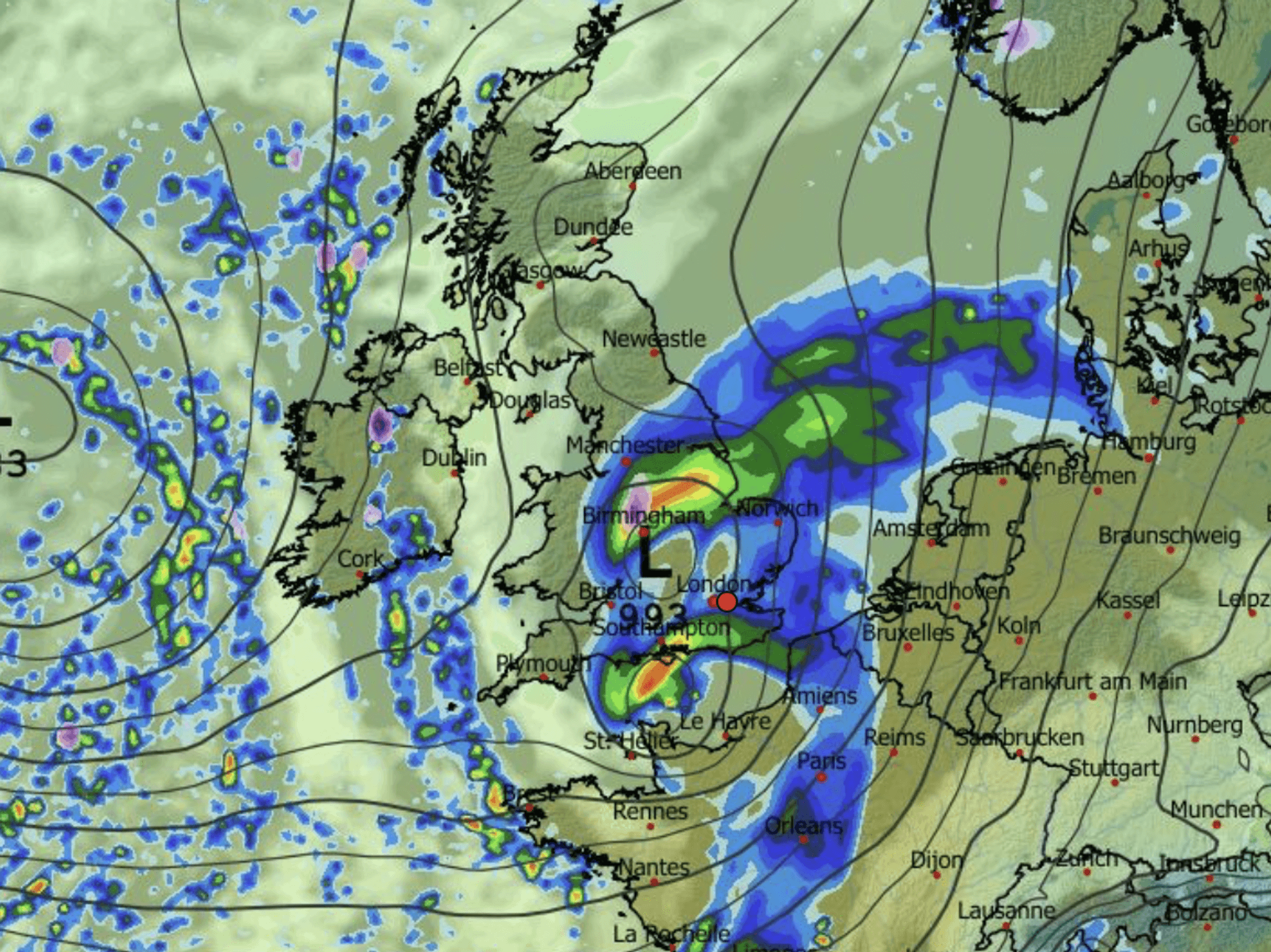Tax-free Cash ISA: Rachel Reeves warned pensioners face higher tax bills if allowance is cut to £4,000

Banks have warned Rachel Reeves that cutting the tax-free allowance would punish pensioners and hurt growth
Don't Miss
Most Read
Latest
Pensioners could face higher tax bills under proposed changes to the ISA system, with banks warning the Chancellor it would penalise those relying on tax-free interest in retirement.
The move would push more people either into riskier investments or into paying tax on their savings income.
Currently, individuals can save up to £20,000 each year tax free in a combination of cash or stocks-and-shares ISAs. However, the Chancellor is considering reducing the current annual allowance to as little as £4,000.
Around 18 million people hold a cash ISA, and for many retirees, it is a straightforward way to protect their savings from income tax.
But under the proposed reforms, savers could be forced to place more of their money into traditional accounts, where interest is taxable once it exceeds the personal savings allowance.
This is particularly significant at a time when higher interest rates mean savings are generating greater returns and bigger tax liabilities for many.
Emma Reynolds, the economic secretary to the Treasury, on Thursday met with representatives of HSBC, NatWest and Lloyds banks, as well as the Building Societies Association, which represents Co-operative Bank and Nationwide, among others.
She was warned that any reform to the ISA limit will leave savers, including pensioners, "facing higher tax bills" and would "do little to boost growth".
 ISAs are useful tools for those looking save and avoid paying tax | GETTY
ISAs are useful tools for those looking save and avoid paying tax | GETTYRobin Fieth, the chief executive of the Building Societies Association, told The Telegraph: "Simply changing Isa limits is unlikely to change savers behaviour and will do little if anything to boost investment. Ideally, the well-understood £20,000 Isa limits should be left alone."
One source with knowledge of the meetings between industry and ministers speculated that Reeves’s plan may also be motivated by a desire to boost the Treasury’s tax revenues at a time when high interest rates mean savings accounts are generating particularly high returns.
"When Isas were introduced, interest rates were very low, so the amount of tax they would be losing would be lower."
Banking executives told Reynolds that the public overwhelmingly favours cash over shares and would likely move their savings into traditional taxable accounts if the ISA limit is cut.
LATEST DEVELOPMENTS:
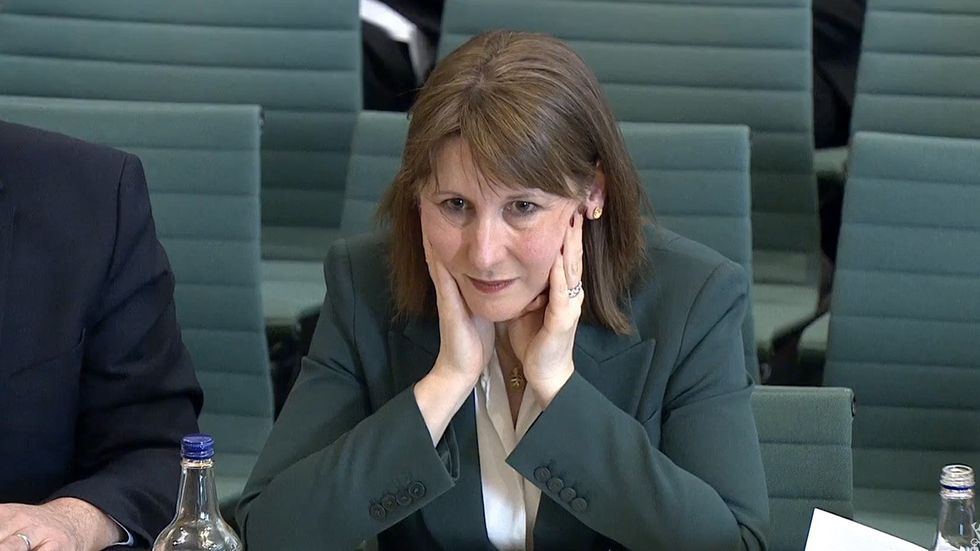
Banks have urged the Chancellor to drop her plans to cut the tax-free Isa savings allowance
| Parliament TVAround 30 per cent of people in the UK currently hold savings in a cash ISA.
A source close to the discussions said: "People choose cash. People, particularly pensioners, want to be able to get hold of their money."
David Postings, the chief executive of UK Finance, which represents both banks and building societies, said: "Getting more people investing is the right thing to do, but we should do it in a positive way rather than restricting options such as the ability to invest in cash ISAs."
Financial experts warn that pensioners would be particularly affected by any reduction in the cash ISA allowance. Rachel Springall of Moneyfacts said: "Fundamentally, there will be savers out there who do not want to be forced to place their hard-earned cash in a pot which could be at risk."
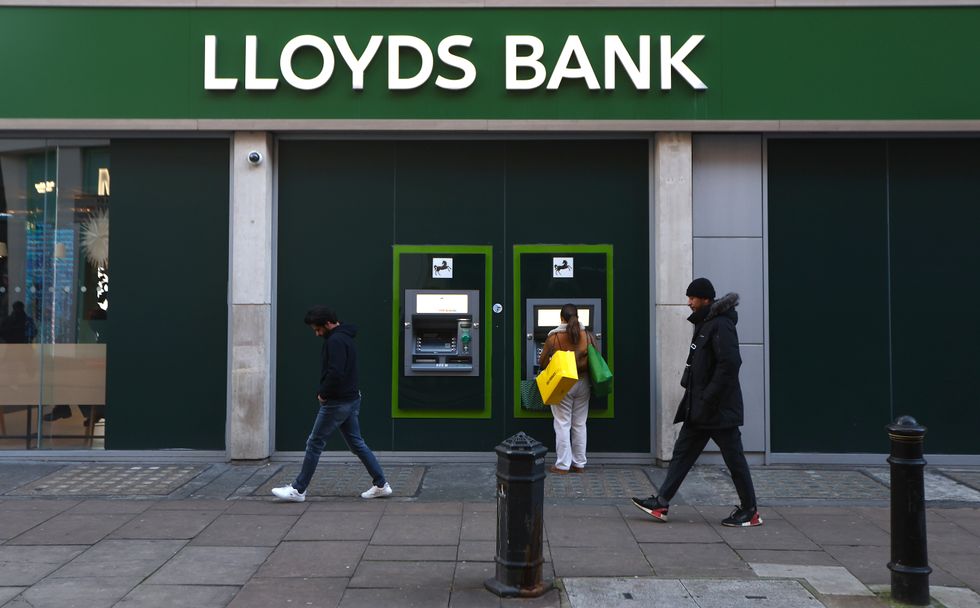
Emma Reynolds met with representatives of HSBC, NatWest and Lloyds banks to warn her of the Chancellor's plans
| GETTYJames Blower, founder of Savings Guru, added: "As a nation, we are more risk-averse and like the safety and security of cash with guaranteed returns."
Further meetings with large investment managers including AJ Bell and Hargreaves Lansdown are planned for next week.
These investment platforms are lobbying for the tax-free allowance to be reduced as they stand to benefit from changes that could direct more cash towards stocks.
A Treasury spokesman said: "We want to support people to save and absolutely recognise the important role that cash savings play in building a buffer for a rainy day.
"We also want to ensure that savers are getting the best returns possible, while boosting the economy to create jobs right across the UK. No decisions have been made."


